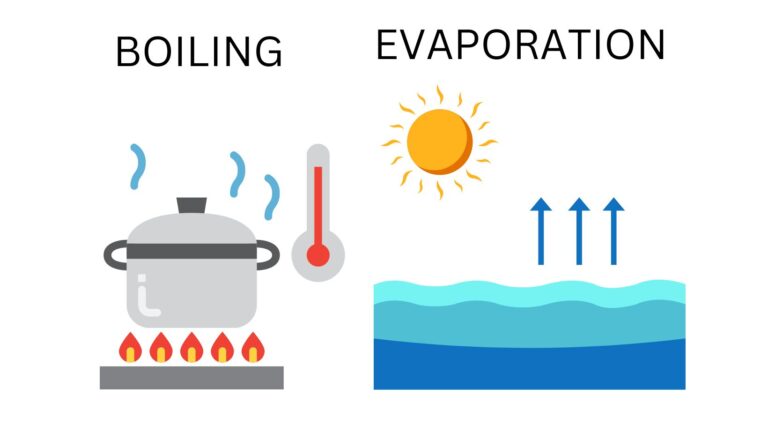
Density is the ratio of mass to volume of a material and specific gravity is the ratio of weight to volume of a material.
Difference between Density and Specific Weight
Let’s check below what is the difference between density and specific weight.
What is Density?
Density is the physical property of matter that tells us how much matter is in a given space. The amount of matter is known as mass, while the space occupied by that matter is its volume.
From the mass and volume we can calculate the density using the formula:
Density = mass / volume
The symbol for density is ρ (read rho). The units to express the density are:
Kilogram per cubic meter Kg / m 3 in the International System.
Grams per milliliter gr / ml .
Examples of Density
- Water: 1000 kg / m³
- Glycerin: 1260 kg / m³
- Air: 1.28 kg / m³
- Oil: 920 kg / m³
- Alcohol: 810 kg / m³
- Aluminum: 2700 kg / m³
- Iron: 7800 kg / m³
- Silver: 10,500 kg / m³
- Gold: 19,300 kg / m³
- Osmium: 22500 kg / m³
What is Specific Gravity?
Specific gravity is the weight per volume of a substance. It is also known as weight density.
The formula for calculating specific gravity from density is as follows:
Specific weight = density x gravity
Recall that the value of the gravity constant is 9.8 m / s 2 .
The units of the specific weight are Newton per cubic meter, or N / m 3 .
Examples of Specific Gravity
- Water: 9 800 N / m³
- Glycerin: 12 348 N / m³
- Air: 12.5 N / m³
- Oil: 9 016 N / m³
- Alcohol: 7 938 N / m³
- Aluminum: 26 460 N / m³
- Iron: 76 440 N / m³
- Silver: 102 900 N / m³
- Gold: 189 140 N / m³
- Osmium: 220 500N / m³






